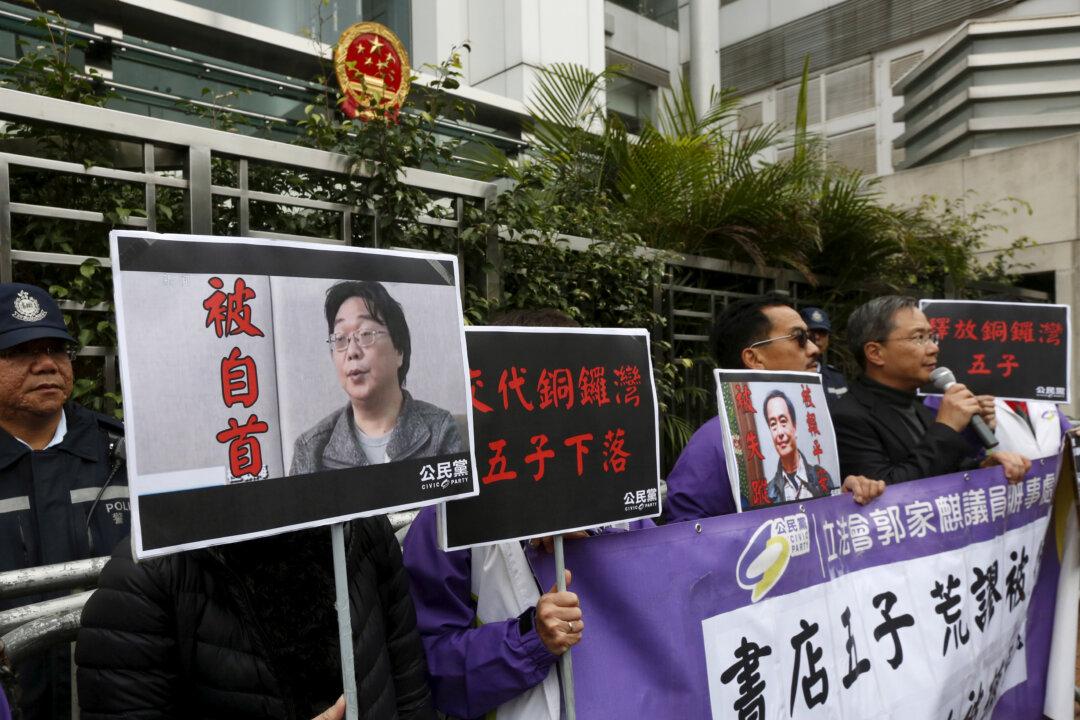The Hong Kong-based, Swedish publisher of books critical of China’s communist leaders was abducted in Thailand in 2015 and later appeared in custody in mainland China.
His daughter Angela Gui said this week she met with ambassador Anna Lindstedt and two businessmen in Stockholm in January, where she was advised to keep quiet about her father’s case while negotiations were proceeding.
Sweden’s Foreign Ministry said that wasn’t an official meeting, and Lindstedt had now returned to Sweden, with an interim envoy sent to Beijing during an inquiry.
“Neither the Foreign Ministry nor the Foreign Minister were informed until after the event,” ministry spokesman Rasmus Eljanskog said in an emailed statement. “As a consequence of the incorrect manner in which the said meetings were handled, we are now conducting an internal investigation.”
Gui, 54, became a Swedish citizen after studying there in the 1980s. After the abduction, he was released in October 2017. But his whereabouts were unclear until January last year. when his daughter said he was seized by Chinese agents on a Beijing-bound train, in the presence of Swedish diplomats.
China later confirmed it had detained him again.
“Outrageous Scandal”
“The businessman said, ‘You care about Anna (Lindstedt), right? If you keep talking to the media, it’ll damage her career. You don’t want her to come to any harm, do you?'” she said in the post on the blog portal Medium.“In order for this to happen (negotiations), I was told I needed to be quiet. I wasn’t to tell anyone, or say anything publicly about the case,” she added.
“I’m not going to be quiet in exchange for ... an arbitrary promise that my father ’might' be released. Threats, verbal abuse, bribes, or flattery won’t change that.”
China’s Foreign Ministry declined to comment, with spokeswoman Hua Chunying saying she knew nothing about Gui’s latest situation. On its website, China’s embassy in Stockholm said it hadn’t authorized anyone to “engage” with Gui’s daughter.
The four others have since returned to Hong Kong. The United States and European Union have urged Gui’s release.
Sweden said it was continuing to seek Gui’s freedom, as Lindstedt faced scathing criticism for what the leader of Sweden’s Left Party called an “outrageous scandal.”
“A Swedish ambassador has done the bidding of a dictatorship and tried to silence the daughter of a Swedish political prisoner in China,” Jonas Sjostedt told local TV. “I don’t think we have seen a worse scandal in Swedish foreign administration for decades.”
Lindstedt couldn’t immediately be reached for comment.





